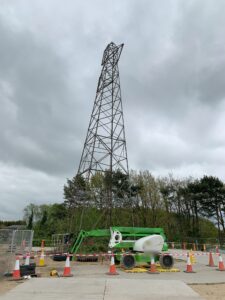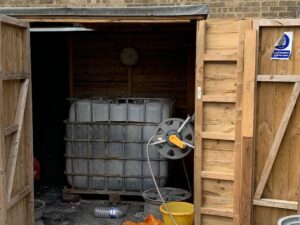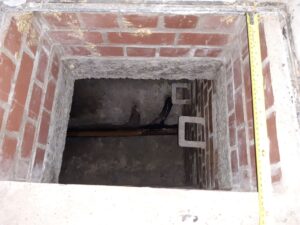Recycling company fined £3m after one man died and another seriously injured
A recycling company has been fined after a man died and another was seriously injured while decommissioning a North Sea gas rig.
Stephen Picken, 62, and Mark Kumar were working for Veolia ES (UK) Limited at an onshore facility in Great Yarmouth.
Both men were working as demolition operatives also known as “Top Men”, undertaking the decommissioning and dismantlement of offshore structures.
On 17 October 2019, the two workers were removing an overhanging piece of metal pipework (known as a skirt pile), weighing in excess of 27 tonnes, from a jacket (a structure placed in the sea, designed to support oil and gas rig platforms), when it gave way. The pile struck the mobile elevating work platform (MEWP) containing the men, throwing them to the ground about 12 metres below.
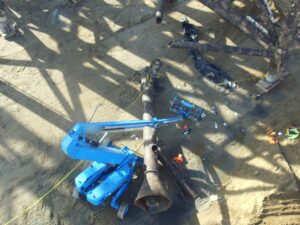
Stephen Picken died at the scene and Mark Kumar suffered serious life-changing injuries.
An investigation by the Health and Safety Executive (HSE) identified serious failings with the planning and the risk assessment which did not adequately cover the planned works. Shortcomings in supervision of the incident were also identified. The company did not risk assess the skirt pile being removed as it was considered low risk. As a result there was no cutting plan or safe system of work for the skirt pile.
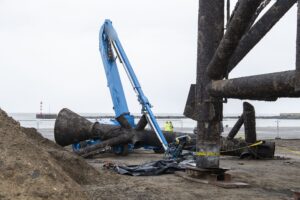
Demolition, dismantling and structural alteration work must be carefully planned and carried out – HSE has guidance on this.
Veolia ES (UK) Limited of Pentonville Road, London, pleaded guilty to breaching Section 2(1) of the Health and Safety at Work etc. Act 1974. At a sentencing hearing at Ipswich Crown Court, on 22 July 2024, the company was fined £3,000,000 and ordered to pay £60,000 in costs.
After the hearing, HSE inspector David King said: “This incident, in an emerging industry, highlights the level of controls required to safely demolish what are large, dangerous structures. Veolia did not meet these standards and tragically one life was lost, and another forever changed.
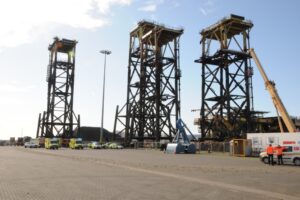
“The Health and Safety Executive’s mission is to protect people and places. Organisations that endanger their employees by failing to meet the required standards, should be aware that we will not hesitate to take appropriate enforcement action.”
This HSE prosecution was brought by HSE inspector Prentiss Clarke-Jones, HSE enforcement lawyer Samantha Tiger and supported by HSE paralegal officer David Shore.
Notes to editors:
- The Health and Safety Executive (HSE) is Britain’s national regulator for workplace health and safety. We prevent work-related death, injury and ill health through regulatory actions that range from influencing behaviours across whole industry sectors through to targeted interventions on individual businesses. These activities are supported by globally recognised scientific expertise.
- More information about the legislation referred to in this case is available.
- Further details on the latest HSE news releases is available.
